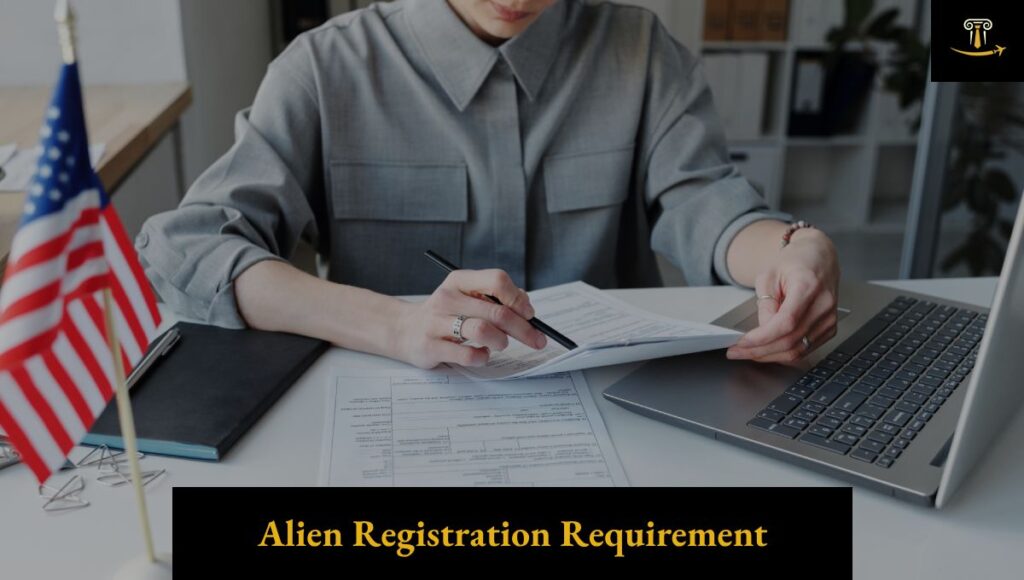The decision was based on DHS’s allegation that Harvard allegedly failed to adequately vet individuals with suspected extremist ties.
Harvard’s approximately 7,000 international students were instructed to transfer to another SEVP-certified institution or risk detention and removal from the U.S.
The move came alongside a freeze of over $2 billion in federal funding, marking one of the most aggressive federal actions ever taken against a U.S. academic institution. In the weeks preceding the SEVP suspension, the administration had imposed progressively stricter funding conditions, demanding substantial changes to Harvard’s academic programs, faculty hiring practices, and admissions policies.
Despite growing pressure, Harvard has reaffirmed its support for its international students and faculty, who comprise a significant portion of the university’s population. On May 27, a federal judge issued an injunction temporarily halting the revocation of Harvard’s SEVP certification. This injunction ensures that no enforcement action will be taken until the outcome of Harvard’s lawsuit against the government is determined.
In response to the injunction, the Trump administration announced its intention to permanently terminate all federal funding to the university—a move expected to further escalate the legal and political confrontation.
Legal Context and Implications
- The Administrative Procedure Act (APA), which requires that federal agencies follow a lawful and transparent process before enforcing such drastic penalties.
- The Fifth Amendment, protecting against actions taken without due process.
- 8 C.F.R. § 214.1(d), which defines grounds for SEVIS termination and does not include visa revocation as a sufficient basis.
- Prior precedent, such as Jie Fang v. ICE, 935 F.3d 172 (3d Cir. 2019), which established that SEVP actions must align with existing regulatory frameworks
For international students and sponsoring institutions, this case signals a potentially volatile future in U.S. immigration policy. The government’s willingness to tie immigration enforcement to political and institutional compliance could reshape how academic institutions manage international programs.
At Immigration Fleet, we are closely monitoring this unfolding situation. Whether you’re an international student, employer, or educational institution, our team is here to guide you through complex visa and compliance matters.
In today’s rapidly evolving immigration landscape, working with an experienced attorney ensures your rights are protected and your legal strategy is sound. Our team is committed to helping you navigate the process smoothly and effectively.
If you’re affected by these developments or need expert legal advice, contact Immigration Fleet today. Our attorneys are ready to support you with clarity, strategy, and unwavering advocacy.





